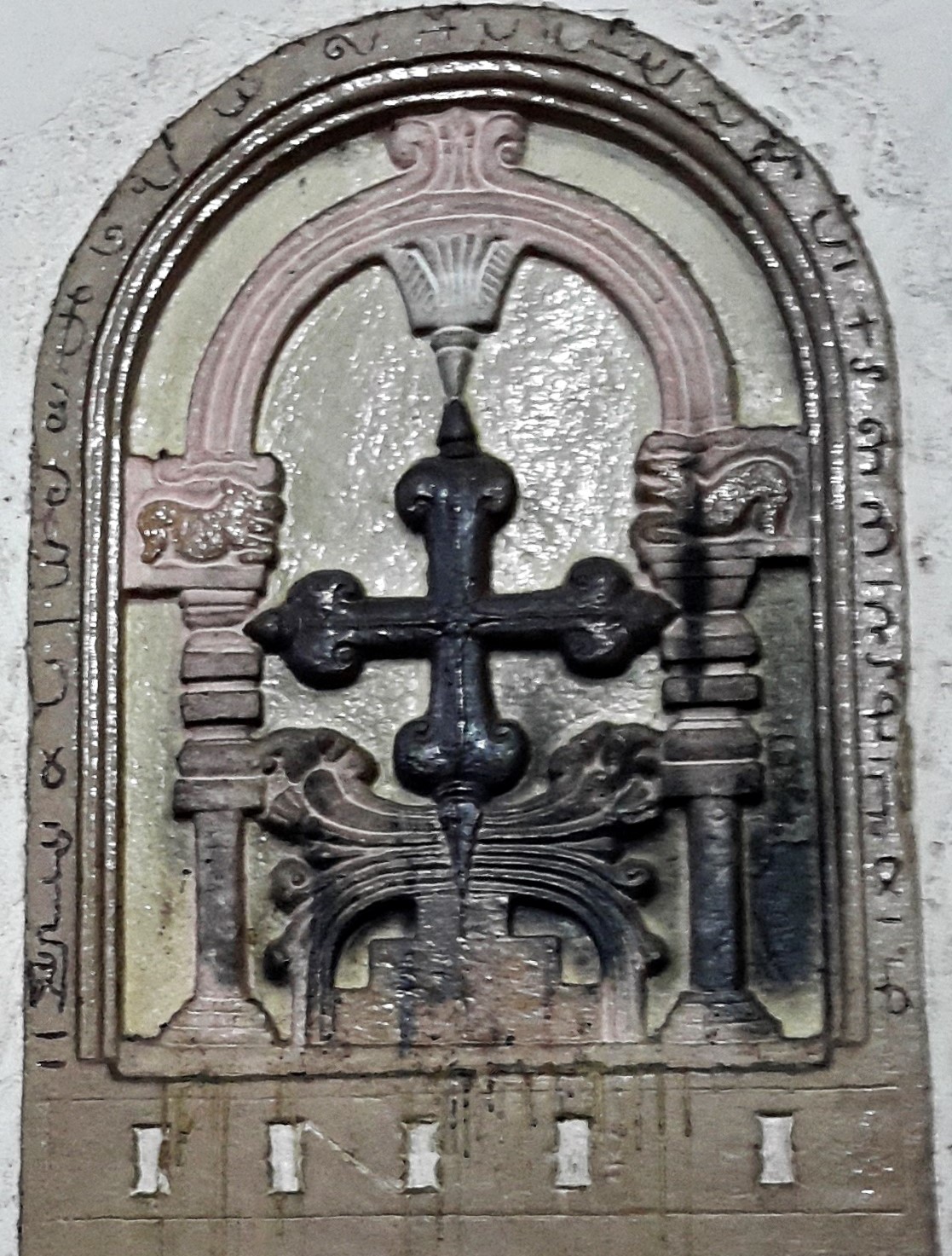F
Fatima-Crusader
Guest
When the fist contact with indian Christians was made who had been isolated this is what they had reported they belived, is there any truth to this?
The Doctrines wherein the Church of Malabar agrees with the Church of England, and differs from that of Rome.
The Doctrines wherein the Church of Malabar agrees with the Church of England, and differs from that of Rome.
- She condemns the Pope’s Supremacy.
- She affirms that the Church of Rome is fallen from the true Faith.
- She denies Transubstantiation, or that Christ’s Body and Blood are really and substantially in the Eucharist.
- She condemns Images, and the Adoration of them as Idolatrous.
- She makes no use of Oils in the Administration of Baptism.
- She allows of no Spiritual Affinity.
- She denies Purgatory.
- She denies the necessity of Auricular Confession.
- She knows nothing of Extream Unction.
- She allows her Priests to Marry as often as they have a mind, and Ordains such as have been married three or four times, and to Widows, without any scruple.
- She denies Matrimony to be a Sacrament.
- She holds but two Orders, Priesthood, and Diaconate.
- She Celebrates in Leavened Bread.
- She Consecrates with Prayer.
- She denies Confirmation to be a Sacrament.
Last edited:


